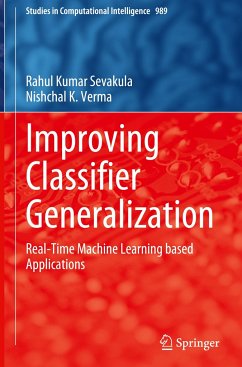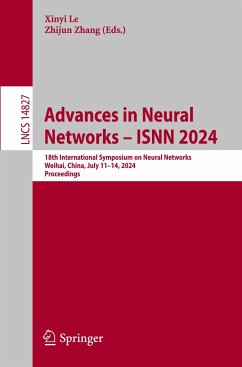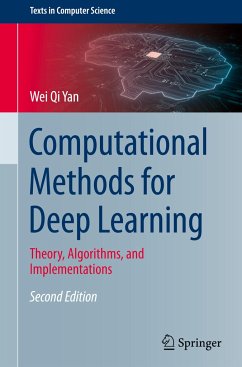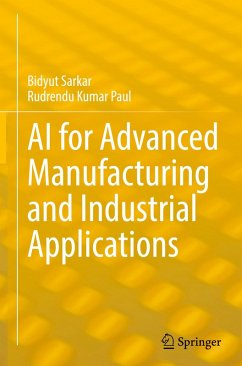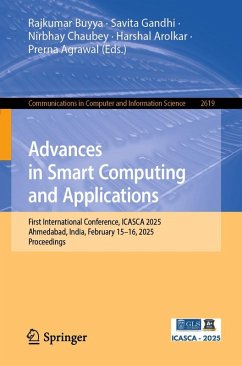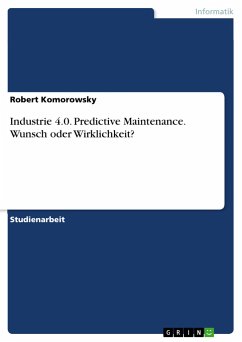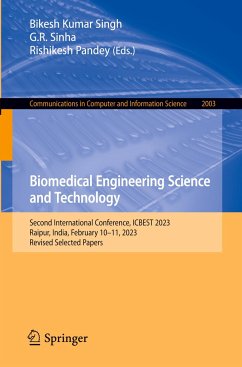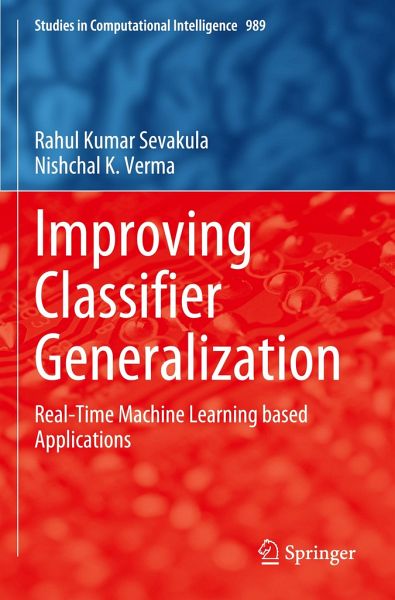
Improving Classifier Generalization
Real-Time Machine Learning based Applications
Versandkostenfrei!
Versandfertig in 6-10 Tagen
113,99 €
inkl. MwSt.
Weitere Ausgaben:

PAYBACK Punkte
57 °P sammeln!
This book elaborately discusses techniques commonly used to improve generalization performance in classification approaches. The contents highlight methods to improve classification performance in numerous case studies: ranging from datasets of UCI repository to predictive maintenance problems and cancer classification problems. The book specifically provides a detailed tutorial on how to approach time-series classification problems and discusses two real time case studies on condition monitoring. In addition to describing the various aspects a data scientist must consider before finalizing th...
This book elaborately discusses techniques commonly used to improve generalization performance in classification approaches. The contents highlight methods to improve classification performance in numerous case studies: ranging from datasets of UCI repository to predictive maintenance problems and cancer classification problems. The book specifically provides a detailed tutorial on how to approach time-series classification problems and discusses two real time case studies on condition monitoring. In addition to describing the various aspects a data scientist must consider before finalizing their approach to a classification problem and reviewing the state of the art for improving classification generalization performance, it also discusses in detail the authors own contributions to the field, including MVPC - a classifier with very low VC dimension, a graphical indices based framework for reliable predictive maintenance and a novel general-purpose membership functions for Fuzzy Support Vector Machine which provides state of the art performance with noisy datasets, and a novel scheme to introduce deep learning in Fuzzy Rule based classifiers (FRCs). This volume will serve as a useful reference for researchers and students working on machine learning, health monitoring, predictive maintenance, time-series analysis, gene-expression data classification.



